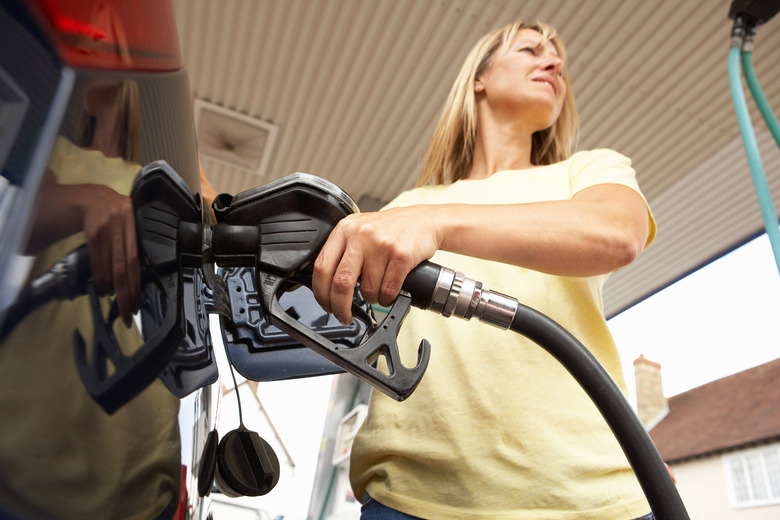Crazy New Machine Can Make Gasoline Out Of Thin Air
In 2022, transportation accounted for nearly 30% of U.S. greenhouse gas emissions. Most of that came from ICE vehicles running on fossil fuels. Despite years of hype and investment, electric vehicles still make up just 8% of cars on U.S. roads.
For many drivers, switching to an EV is still too expensive, inconvenient, or unappealing. That's the gap New York-based start-up Aircela is hoping to fill.
Earlier this month, the company unveiled a working device that produces real, usable gasoline using just air, water, and renewable energy. The system is about the size of a commercial fridge. It captures carbon dioxide from the atmosphere and converts it into fuel by combining the gas with water.
The gas it makes can go straight into the tank of a typical car, too. In a live demonstration, Aircela showed off the machine producing fuel on-site, proving that it is possible to make gas out of thin air.
The system uses a process called direct air capture, which pulls CO₂ from the atmosphere and combines it with water and clean electricity to make gasoline. A spokesperson said the device captures about 10 kilograms of CO₂ daily, producing one gallon of gas per day. It can hold up to 17 gallons at once.
That's not enough to fuel a car overnight, but it's a solid start. The real promise lies in scale. The machine is small, which means it could be deployed widely in homes, gas stations, or even industrial settings.
And because it uses carbon already in the air, the resulting emissions are essentially neutral. Of course, the system only works as a clean solution if it runs on renewable electricity. And no single device will solve emissions on its own.
However, Aircela's approach might offer something many climate solutions don't: compatibility with the way people already live. Considering the breakthroughs to make lighter, more efficient EVs are still ongoing, finding more climate-friendly ways to produce gasoline could be a huge win.
If the company can mass-produce it affordably, this machine that can make gas out of thin air might actually catch on.
